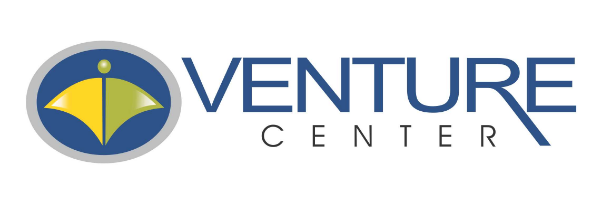Spinal Implants from Indius Medical - designed and built in India for the world
It was the time he spent with his uncle, a spine surgeon, working on a research paper on spine biomechanics that triggered Aditya Ingalhalikar’s interest in eventually starting a venture to make spinal implants. A mechanical engineering graduate from the University of Pune, Aditya spent a summer with his uncle understanding the human spine. He went to the US for a Master’s in Biomedical Engineering and within a year of signing up for a PhD, he joined a start-up in the US that was making spinal implants. He spent about a decade in this company, donning various roles, seeing the company grow by leaps and bounds, including selling the implants in India, before deciding to pursue his passion for starting a venture on his own.
Aditya was particular that the start-up, Indius Medical Solutions, should have an India connection. And, in India where else but Pune. That is how he got associated with Venture Center, from where Indius took its baby steps. The Indian market has always been close to Aditya’s heart. It is a growing market and there is a need for quality products at affordable prices. Aiming to close the gap between expensive imported multinational products and cheaper local alternatives, Indius strategically positioned itself to meet India's growing demand for world class quality, affordable medical devices by offering world class products at competitive prices. The bet he was taking was that there would be surgeons who were used to buying implants from multinational companies willing to try out those made by an Indian company of the same quality but at a lower price.
Thus, Indius was born out of an idea to make world-class spinal implants that will compete against the top global companies. Pediatric implants, which is a focus area for Indius, is in the research and development phase. Meanwhile, Indius has made significant improvements in enhancing existing spinal implants. This brings down the number of instruments that need to be used in the surgery along with the screws for the implants, which reduces the time taken for the surgery. Another example of innovation is in changing the profile of the screws that go into the back. If the patient is thin or short or elderly, the regular screws can be felt over the muscle. Indius innovated by coming up with a paediatric screw with adult load-bearing capacity, leading to better outcomes.
Indius got US FDA approval during Covid, which is when they shifted base to the US. Indius has a base in Dallas, Texas, while the team in India that is into R&D, product development, quality control, manufacturing and sales and marketing is based in Pune. The spinal implants market is about $14 billion globally with the US accounting for over 60 percent of that. India is about 2 percent of the market.
According to Aditya, the paediatric implants are still at an R&D stage. It is a long cycle in the case of paediatric implants, where the devices have to go through various stages of testing and clinical trials before approvals are sought. “We are at a design freeze level right now for paediatric implants. Once the design is decided, the products will have to go through mechanical testing, animal studies and small clinical trials. It will take another three years to launch these,” says Aditya.

